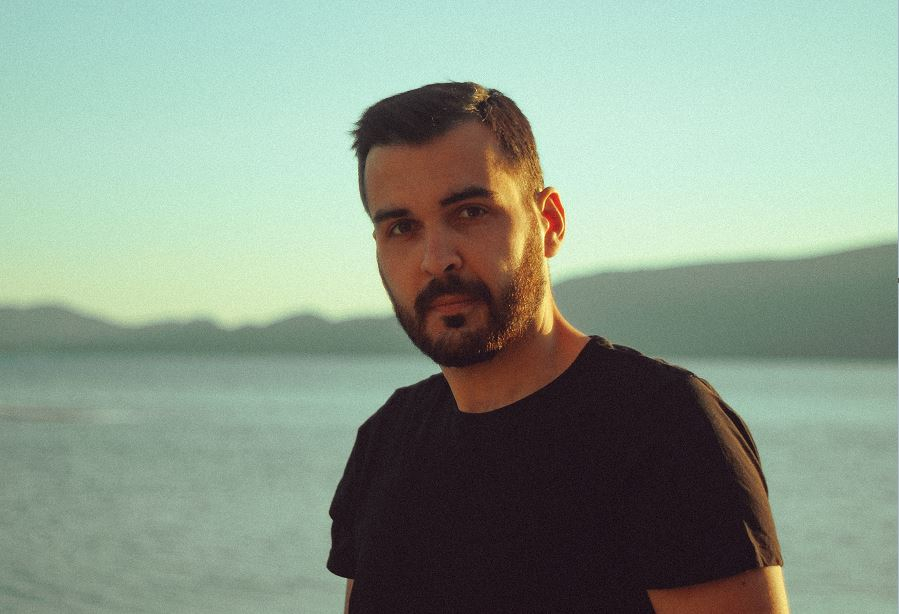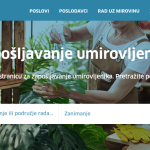A 26-year-old who lived (studied and worked) in the UK, Spain and Ireland from 2015 to 2019 (returned right before the pandemic took over). A marketeer and creative writer at heart, born and raised in Split, but always thought that the grass was greener over the fence, blaming “the system” for all the woes. The experiences abroad allowed me to broaden my horizons (my, my, what a cliche, eh?) and discover that not all things are as they seem. Currently, I’m working as an Automation Marketing Specialist at Adriatic.hr and am a sole-trader (owner of an “obrt” doing marketing as well).
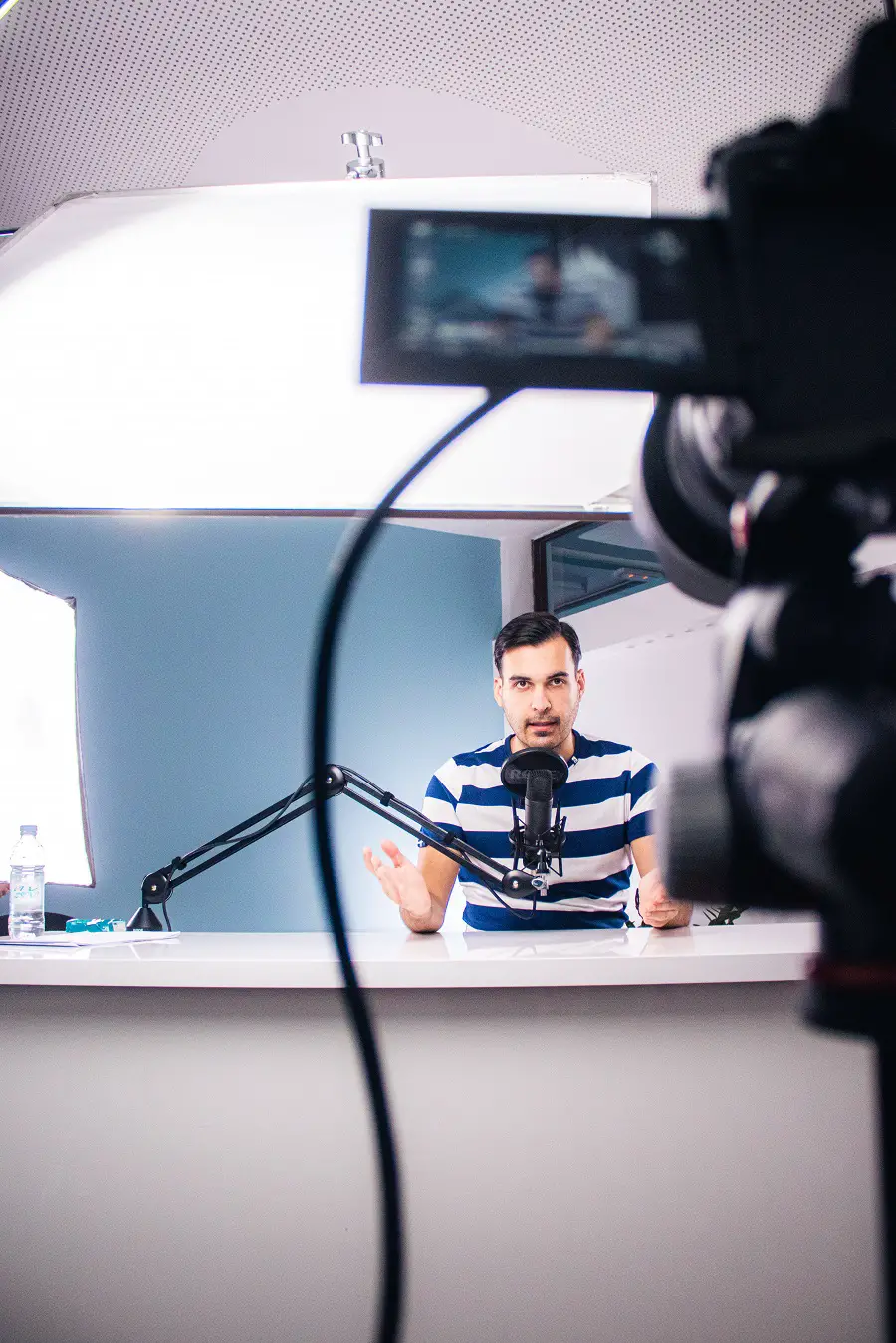
1. You made the switch to Croatia. Tell us a little about the decision process and how long it took for you to get on the plane?
It’s 2019, and I’m working in Dublin, paying an exorbitant amount of money on rent and working in a dead-end corporate job where it’s transparent to anyone but the psychopathic middle managerial class that everyone is unhappy, the job is a sinecure, and there’s no way to rise up the ranks without sucking up to the higher-ups. Also, for a young man, working in a “top 10 consulting firm in the world” is actually a waste of time. The meme is real. Anyway, I was unhappy. At the time, I just thought it was because Dublin didn’t sit well with me, having moved there from the UK, so I went back to England. It didn’t scratch that itch, and I realised for all its faults, (spoiler alert), Croatia isn’t necessarily bad, and that the lifestyle is, I dare say, superior. I do miss a great many things about those countries, and I cherish the memories I made there, but I’m happier as it is now.

(Photo Josip Svalina DUMP)
2. What did your family and community back home think of your decision at the time?
Family? Greatly disappointed. They didn’t understand that the nature of my work would eventually allow me to work remotely, which I tried to tell them. Not only that, but it was they who encouraged me the most to make the move, as they thought that I’d succeed more in life if I was abroad; in retrospect, it’s from them that I might have had such a negative perception of Croatia. Anyway, it’s 2023, and they still haven’t come to terms with my return. Truth be said, they still didn’t come to terms with me having only a bachelor’s degree and saying that pursuing further education is a waste of time considering that, in my experience, the work market is oriented more towards those with skills and work-experience. As for friends and the local community, they were… Ambivalent, to say the most. Before I left, they kept saying “it’s better out there”; when I returned, they said: “no place like home.”

3. Where did you get your information about the realities of Croatia prior to coming?
I was still connected with my friends who were studying and working all over Croatia, and it’s from them that I knew what was happening (also, I’ve read the news as well, for what is was worth). When I shared my experiences, including how at times I felt unsafe walking the streets of Dublin or any English town, even during the day, they couldn’t believe me. “You’re a tall guy, what the hell do you have to worry about?” was their common reaction. They didn’t get it, and having some close calls even with my friends, that’s when my realisation that the grass isn’t greener over the fence. I mean, the house I lived in in Derby (England) back in 2018 was burgled — the burglars got away with loads of expensive equipment. We had the tracking on, but even with their location, the police said it was a low-priority case and that they wouldn’t pursue it. It was a major blow, and the first time my disillusionment became clear.
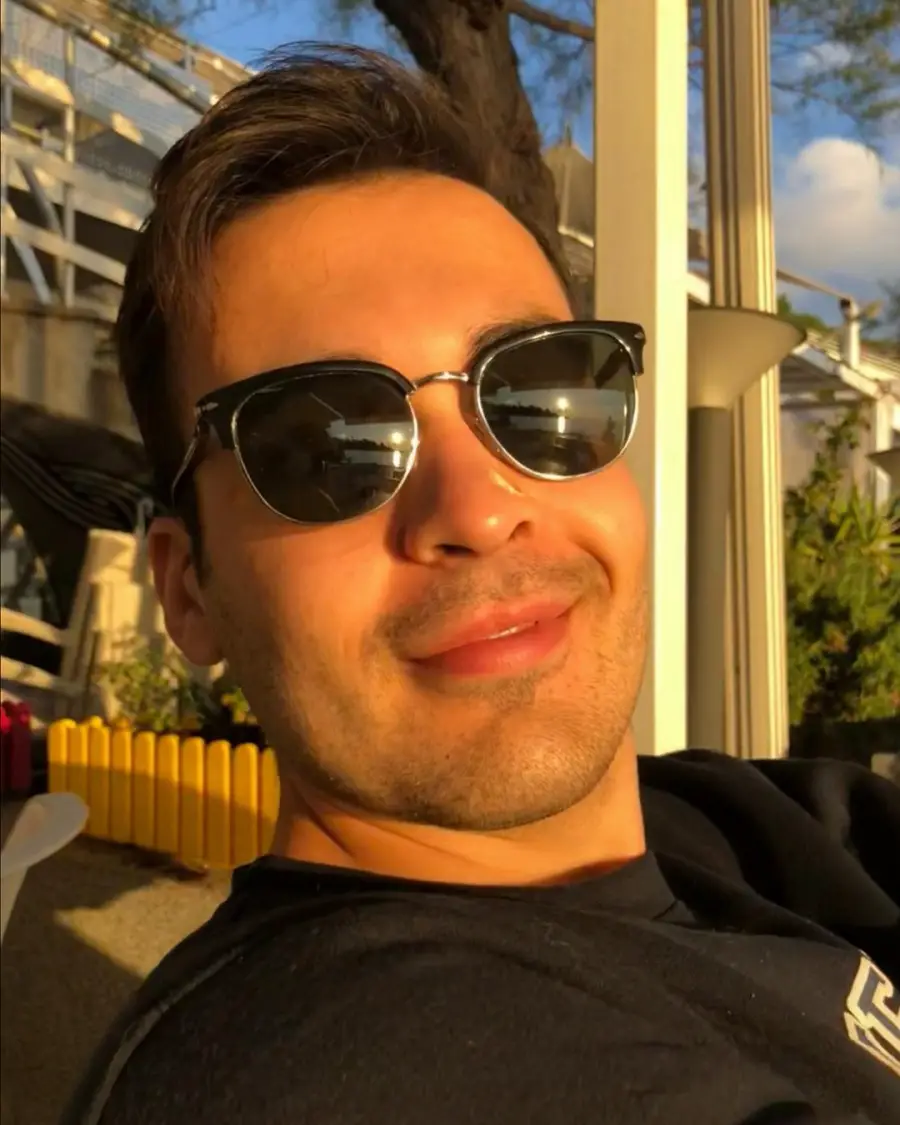
4. What were you most nervous about making the switch? What was your biggest fear, and how was the reality of what you found?
I was still in junior positions when it came to work and as such, I didn’t have the option to work remotely. That meant working for Croatian employers in Split where marketing isn’t as developed as in Zagreb or the UK & Ireland. Despite being extremely nervous about finding a job in my field and growing in one niche, I still made the switch. It was a difficult journey, especially with the epidemic happening in the meantime, but hey, I think I’m doing well for myself so far.
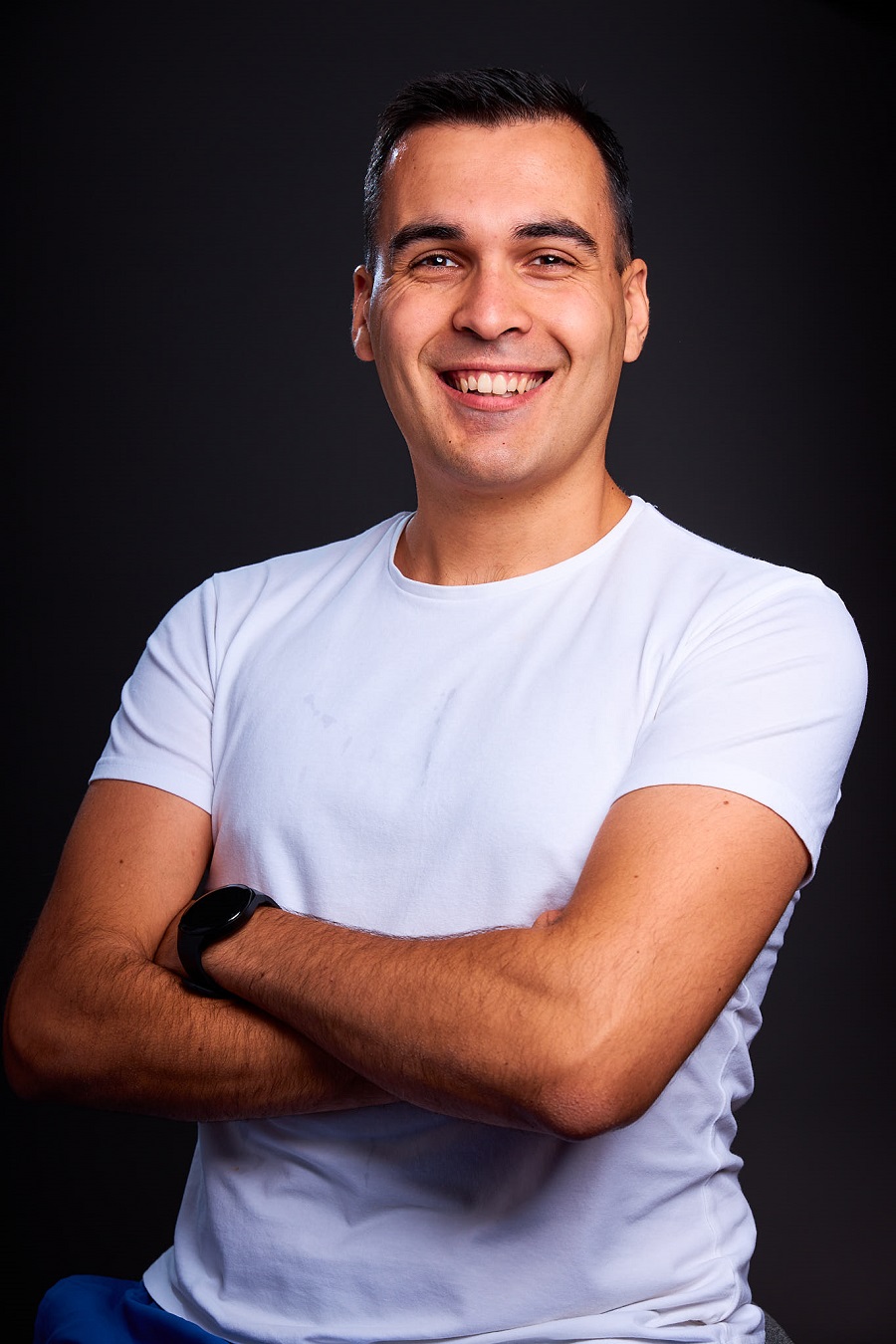
(Photo credit DUMP)
5. Think back to the time before you arrived. What were your perceptions about Croatia and how were they different from the reality you encountered?
Well, when I left Croatia, I had a relatively negative outlook on absolutely every aspect of life here (except the weather). Having returned, I truly became optimistic about its growth and the possibilities it will open for skilled young people. It’s got a long way to go, its property market is a mess and the salaries are still barely catching up, but having returned, I truly began to appreciate the safety Croatia offers and the way of life here. The people themselves seem happier. To sum it up, I was well aware of all the things as before, just the appreciation for them changed.
6. You are still here, so obviously the pros outweigh the cons. Tell us about some of the things that you love about being in Croatia, as well as some of the things you don’t like.
I’m a marketeer. As my skills and experience grow, my opportunities widen as well. My full-time employment is with Adriatic.hr where I’ve been given the opportunity to truly explore the niche area of marketing in which I’m interested in, and it’s that kind of work I was actually afraid I wouldn’t be able to find once I returned. Also, the relative proximity of everything is truly wonderful. Split is a walkable city. Except for Zagreb and perhaps Rijeka, I’d say in most towns you can get from one end to the other in half an hour on foot. Nonetheless, being employed in the tourism industry, it’s a tad ironic that I dislike the wild tourism going on here (especially with the coast). It’s unplanned, unstructured and I think there’s a lot of room for structured growth here (we all know whose responsibility it is as well). The property market is too expensive for the common people. That, and obviously the bureaucracy should be better, but hey, with things moving slowly to e-Građani, life is becoming easier (I opened my obrt fully online after all).
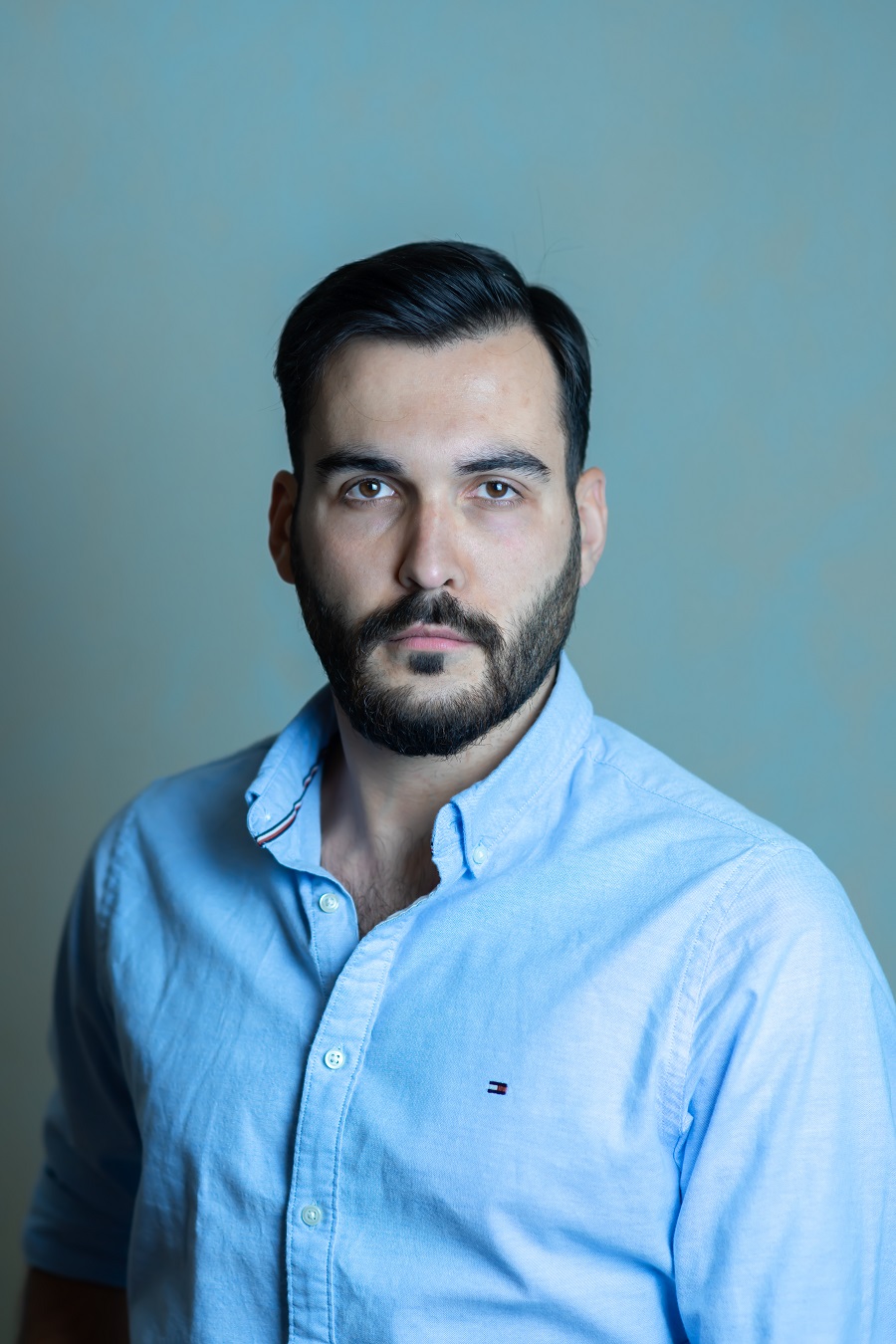
(Photo credit Ivan Capin)
7. What advice do you have for others thinking about making the move from the diaspora?
If you’ve got a remote job, then you shouldn’t worry much. Just make sure you read everything with regards to the bureaucracy (you know, getting papers and visas if need be), and make sure your landlord won’t kick you out during the summer season if you’re somewhere on the coast.
8. How do you think Croatia can better assist those who are looking to return to the Homeland?
Honestly? Optimise the bureaucracy and make the processes simpler. “A gde je pečat” meme should become a distant memory. If our government wanted to, they have really nice examples set across Western Europe on how it should be set up.
****
Thanks, Ian, and enjoy your time in Croatia.
You can follow the TCN Croatian Returnees series here.
If you would like to contribute your returnee story, please contact [email protected] Subject Returnees
You can subscribe to the Paul Bradbury Croatia Expert YouTube channel here.
****
What is it like to live in Croatia? An expat for 20 years, you can follow my series, 20 Ways Croatia Changed Me in 20 Years, starting at the beginning – Business and Dalmatia.
Follow Paul Bradbury on LinkedIn.
Croatia, a Survival Kit for Foreigners is now available on Amazon in paperback and on Kindle.


